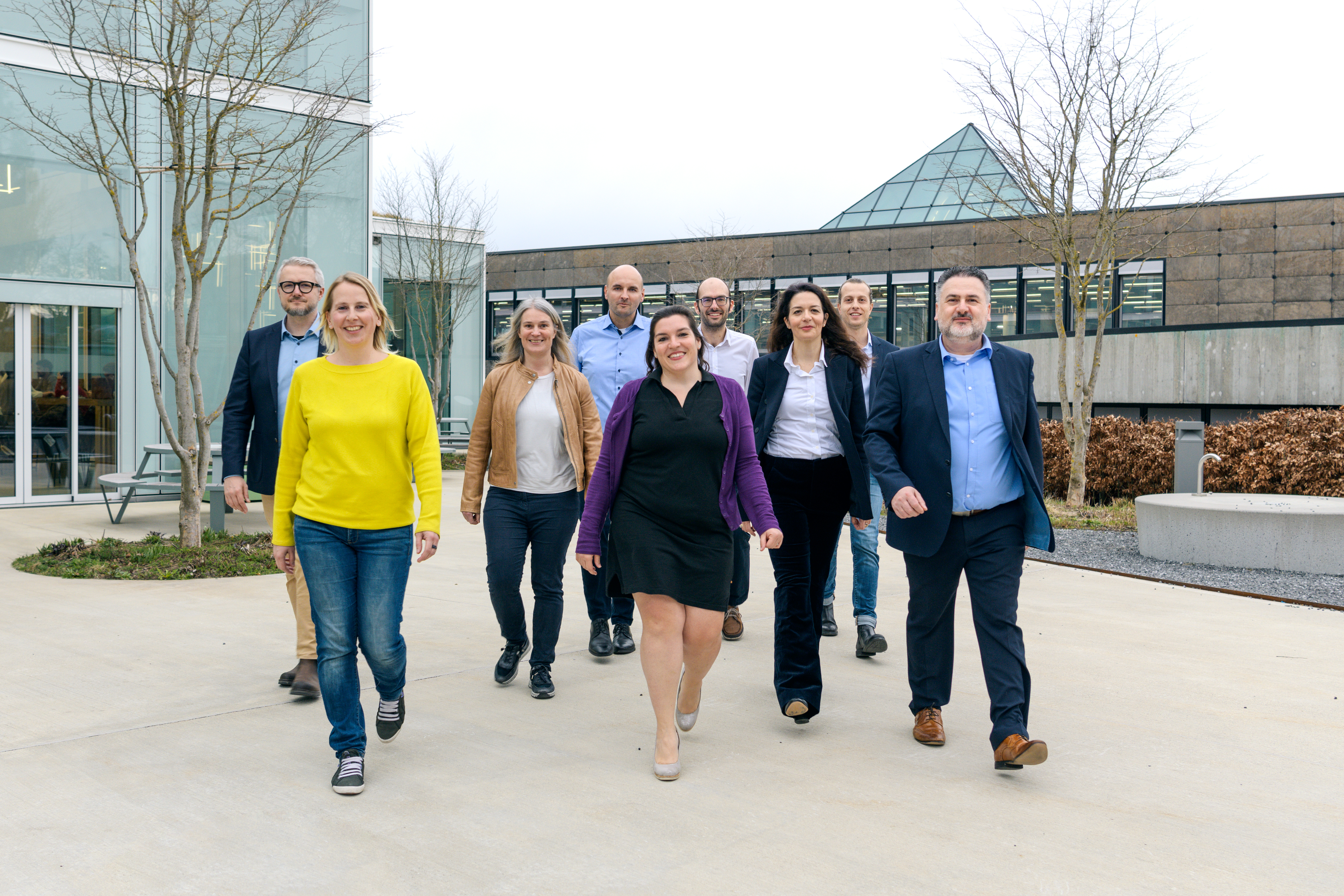News
The Institute of Computer Science (ICS-HSG) at the University of St.Gallen is a research institute specialized in computer science and dedicated to scientific excellence to foster economic growth and societal well-being. Our fields of expertise range from artificial intelligence, cyber security, data science, communication systems, human-computer interaction, programming languages, and software engineering.
We are part of the University of St. Gallen, one of the leading business schools in Europe and are the university's largest institute. Founded in 2018, the ICS-HSG is associated with the newly founded School of Computer Science (SCS) and consists of eight research groups.

Learn more about our research and the opportunities to collaborate by browsing the website or by reading our latest annual report. Contact us if you would like to collaborate or if you have any questions.
